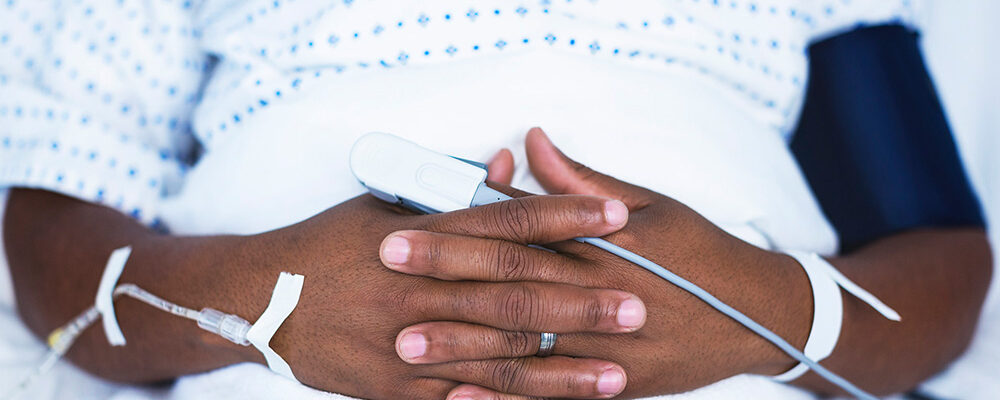

For decades, prostate cancer has remained the most common cancer among Jamaican men and, alarmingly, one of the leading causes of cancer-related deaths.
Today, it is reported that 21 per cent of all cancer cases in Jamaica are prostate cancer, and 43 per cent of all cancer deaths in Jamaica are prostate cancer.
Yet, despite its prevalence, it often goes undetected until it’s too late.
“Data from the Jamaica Cancer Society and Globocan have consistently shown that prostate cancer is the most prevalent cancer in Jamaica for the past 60 years,” explains Dr Belinda Morrison-Blidgen, consultant urologist at the University Hospital of the West Indies (UHWI).
“It is the most common cancer in men locally and overall. Although it’s considered a disease of the elderly, many new cases are being seen in men in their 40s and 50s.”
The cost of late detection
A big part of the challenge lies in both biology and behaviour. According to Morrison, prostate cancer tends to be more aggressive in Black men, including Jamaican males. But that’s only part of the problem.
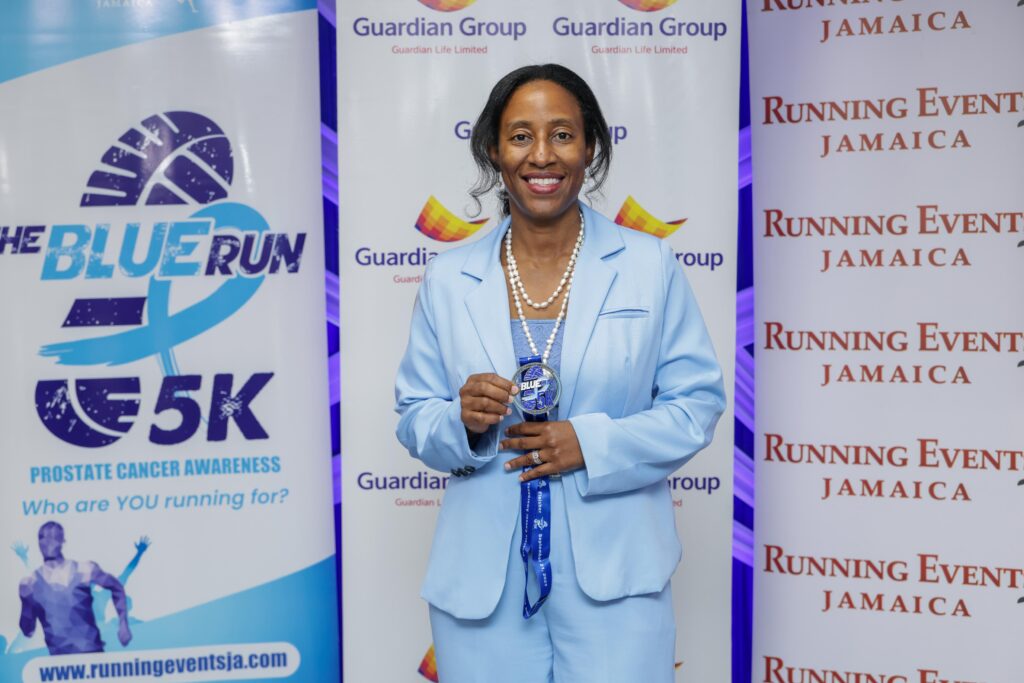
“Screening is poor among men in Jamaica. If the disease is detected early, regardless of its aggressiveness, the death rates would be reduced,” she says.
“However, many men don’t screen. By the time it’s detected, it’s usually at an advanced stage, which leads to high mortality.”
Fear, stigma, and misinformation play a major role in men avoiding screening. Some fear the diagnosis itself, others worry about treatment side effects such as erectile dysfunction, while some simply don’t know how serious the disease can be.
Myths and misconceptions
Part of the problem lies in the stigma and misinformation surrounding prostate cancer. Morrison points to several myths that hold men back:
- Prostate cancer is slow-growing, so I don’t need to worry: While some cancers are indolent, others are aggressive, especially in Black men.
“We see advanced disease far too often,” she says.
- Screening is linked to sexual behaviour: Some believe their risk comes from having multiple partners or frequent sex.
“This is not true. Risk is related to age, race, and family history,” she clarifies.
- The digital rectal exam is a homosexual activity: This misconception remains one of the biggest deterrents.
“It is simply a medical exam, nothing more,” Dr Morrison stresses.
- Treatment will always cause impotence: While erectile dysfunction is a possible side effect, not all men experience it, and modern techniques aim to minimise risks.
“These myths are dangerous because they stop men from seeking care,” she warns.
“If you screen early, you can live a long and healthy life even after diagnosis.”
What early detection really means
Early detection is not about waiting for symptoms; it’s about acting before they appear.
“For prostate cancer, screening should begin at age 40 in Black men. This includes annual PSA blood testing and a digital rectal exam,” Morrison stresses.
“I encourage men to make this a routine part of their annual medical check-up. It’s the only way to detect the disease early.
”Unfortunately, stigma around prostate cancer also reduces screening rates and treatment uptake.
“Stigma advances the stage of diagnosis and increases mortality, ” she adds.
The patient journey at UHWI
For men who are diagnosed, UHWI provides comprehensive care.

“We run three large outpatient clinics where patients can be screened and assessed. PSA testing and prostate biopsies are done at UHWI, and treatment is available through surgery or hormonal therapy.” Dr Morrison explains.
Patients requiring radiation are referred to external providers.
However, gaps remain. Counsellors are not always available during clinics, MRI scans are not offered at UHWI, and long waiting times for radiotherapy can delay treatment. Genetic testing, valuable for men with strong family histories, is also not yet available.
Changing the future of men’s health
Public awareness campaigns like the Blue Run 5K have proven critical in breaking the silence.
“The Blue Run increases public knowledge and awareness, destigmatises the disease and its treatment, and encourages screening,” says Dr Morrison. Importantly, funds raised are also directed back into patient care.
“This year, proceeds will be used to refurbish our prostate biopsy room. We want the space to be comfortable and well-equipped so men feel more at ease about screening.”
Looking ahead, she envisions a future where precision-based medicine becomes the norm in Jamaica.
“The future of urological care includes more widespread genetic testing, greater use of MRI in diagnostics, and hopefully robotic surgery. I see medicine becoming more personalised, tailored uniquely to each patient.”
A personal mission
For Dr. Morrison, the fight against prostate cancer is not just medical, it’s deeply personal.
“My motivation comes from seeing patients cured and completely recovered, able to return to their families and regular lives,” she says.
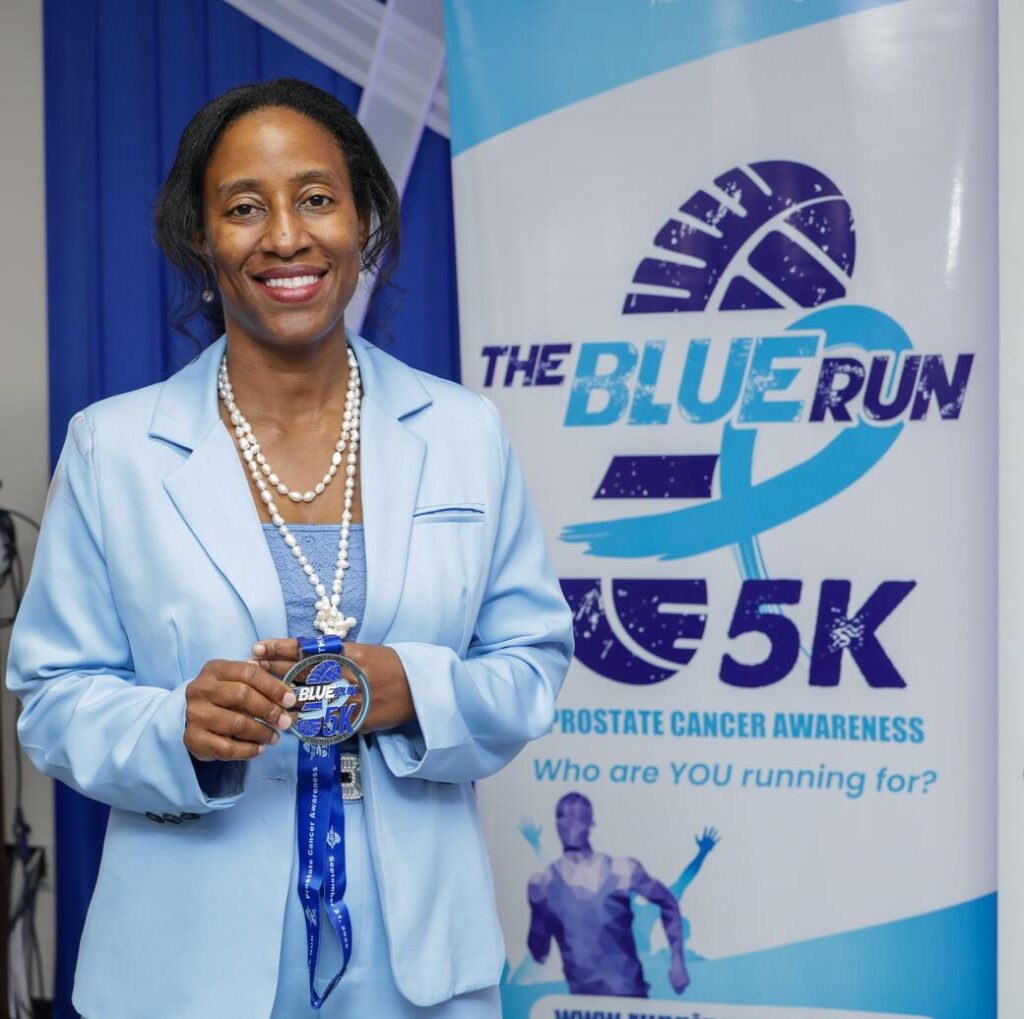
“I hope that through events like the Blue Run, more men will get screened and encourage their colleagues to do the same.”
And her advice for Jamaican men over 40 who are still hesitant? Her words are simple but powerful: “Screen early and save your life. Your family needs you, and Jamaica needs you.”
For men and their families ready to act, the Blue Run 5K offers both a chance to raise awareness and support improved care for prostate cancer patients. Proceeds from this year’s event will go toward refurbishing the prostate biopsy room at UHWI, ensuring men have access to modern, comfortable facilities for diagnosis.
The Blue Run will take place on September 21.

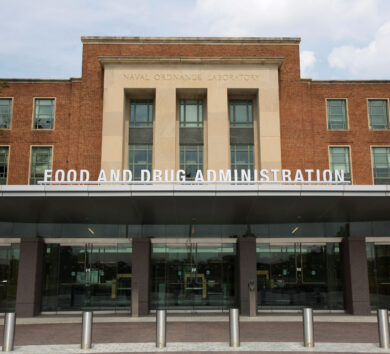
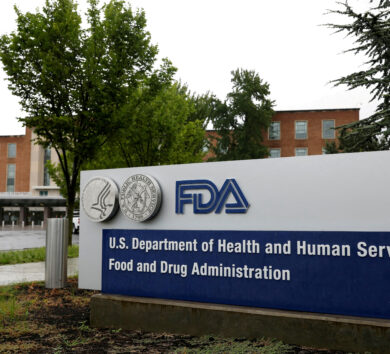




Comments